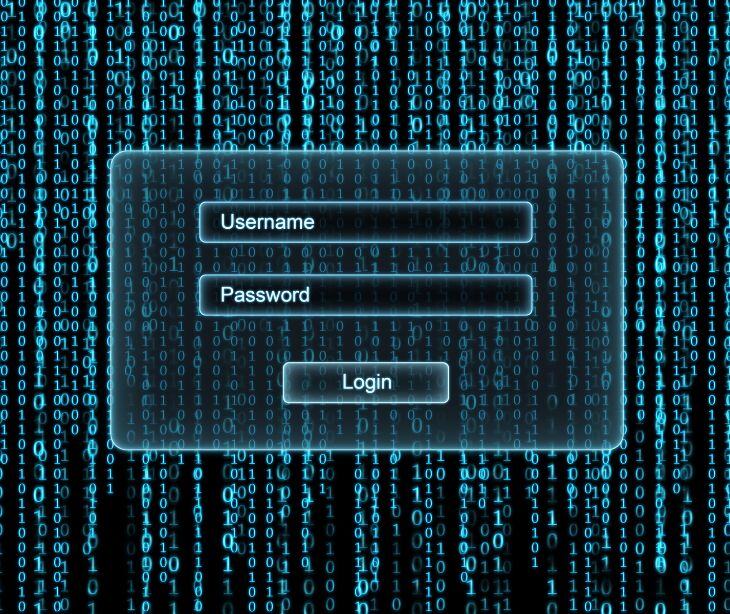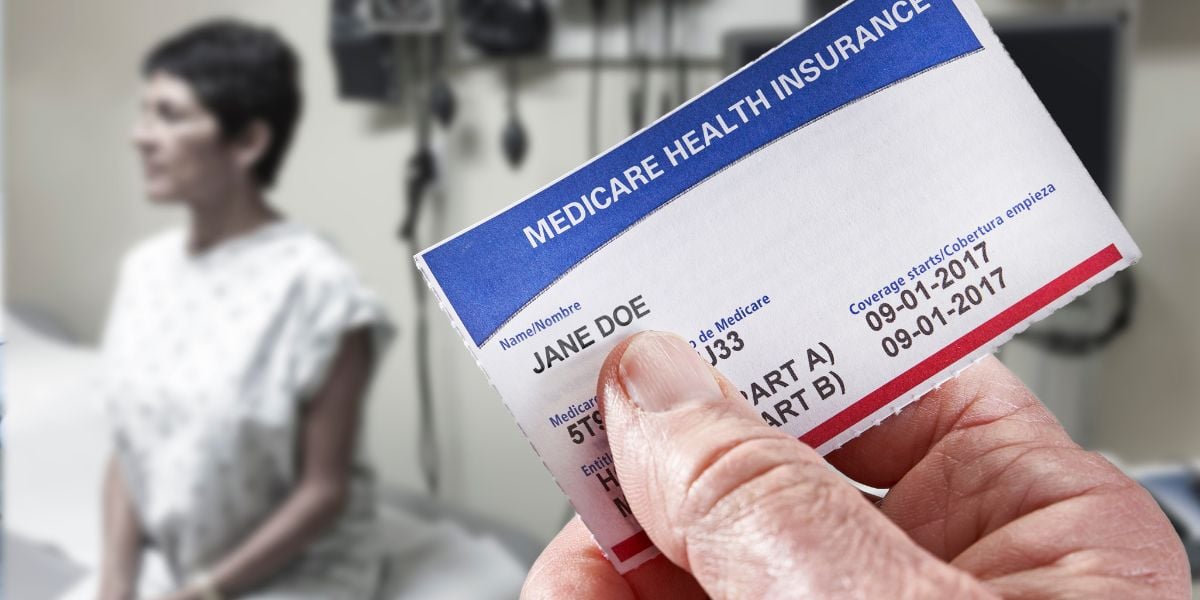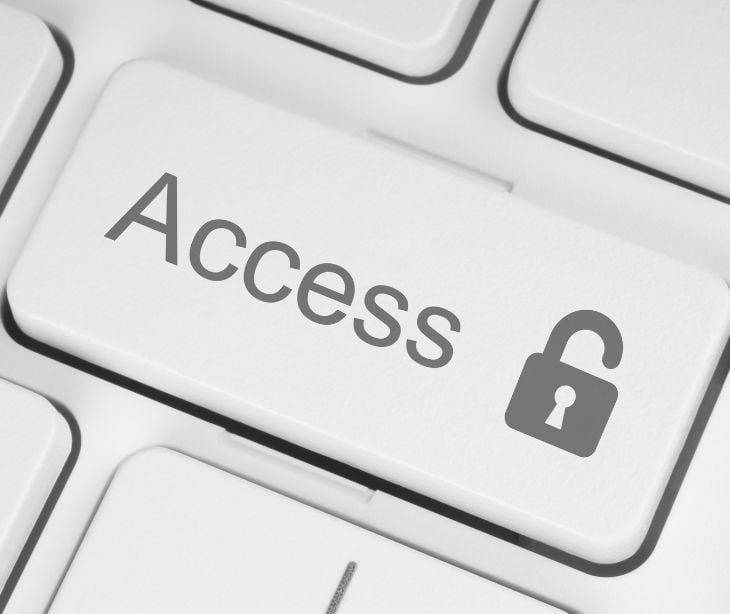2 min read
Defining authorized users in your healthcare organization
Tshedimoso Makhene
August 13, 2024

Defining authorized users within a specific healthcare organization involves identifying individuals who have the necessary permissions to access protected health information (PHI) based on their roles and responsibilities.
Definition of authorized users in a healthcare organization
The NIST defines an authorized user as “any appropriately cleared individual with a requirement to access an information system (IS) for performing or assisting in a lawful and authorized government function” or “any appropriately provisioned individual with a requirement to access an information system.”
However, in healthcare organizations, authorized users are individuals or entities who have been granted access to PHI or other sensitive data based on their specific job functions, responsibilities, and the necessity of such access to perform their duties. These users are granted access through a formal approval process and are subject to ongoing monitoring and compliance requirements.
Categories of authorized users
Clinical staff
- Physicians: Access to full patient records to provide diagnosis, treatment, and ongoing care.
- Nurses: Access to patient information relevant to care delivery, such as treatment plans, medications, and nursing notes.
- Pharmacists: Access to patient medication records to dispense prescriptions and ensure proper medication management.
Administrative staff
- Billing and coding specialists: Access to patient demographic information, diagnosis codes, and treatment details for processing insurance claims.
- Patient registration staff: Access to patient registration forms, insurance information, and consent forms to facilitate patient intake.
IT and security personnel
- System administrators: Access to electronic health record (EHR) systems, network infrastructure, and security logs to ensure system functionality and data security.
- Data analysts: Access to de-identified data sets for analysis and reporting purposes, according to the minimum necessary standard
Compliance officers and auditors
- Compliance officers: Access to audit logs, user activity records, and PHI necessary to conduct compliance checks and investigations.
- Internal auditors: Access to various system logs and records for auditing purposes, ensuring HIPAA compliance and identifying potential breaches.
External partners
- Business associates: External entities like third-party billing services, IT support vendors, or legal consultants who require access to PHI as part of their contracted services. Access is granted under strict contractual agreements, including business associate agreements (BAAs) in compliance with HIPAA.
Related: How to know if you’re a business associate
Access control and security measures
- Role-based access control (RBAC): Access is granted based on predefined roles within the organization. Each role has specific permissions that limit the scope of data accessible to the authorized user.
- User authentication: Authorized users must authenticate themselves using secure methods, such as multi-factor authentication (MFA), before accessing PHI.
- Access monitoring and auditing: User activities are logged, monitored, and audited regularly to ensure compliance with HIPAA and internal policies.
- Training and awareness: All authorized users undergo regular training on data protection, HIPAA regulations, and their responsibilities to safeguard PHI.
Accountability and enforcement
Authorized users are held accountable for their access and handling of PHI. Any unauthorized access, misuse, or breach of PHI can result in disciplinary actions, including termination, legal consequences, and reporting to regulatory bodies.
See also: HIPAA Compliant Email: The Definitive Guide
FAQs
What happens if an authorized user accesses information they shouldn’t?
If an authorized user accesses information beyond their scope of authorization, it is considered a violation of HIPAA. The organization will typically investigate the incident, and the user may face disciplinary action, including termination. The incident may also be reported to regulatory authorities, potentially resulting in fines or other penalties.
Are there exceptions to the minimum necessary standard for authorized users?
Yes, there are certain exceptions to the minimum necessary standard under HIPAA. For example, healthcare providers may access full patient records when treating a patient, and certain law enforcement requests or court orders may require the disclosure of more extensive information. However, these exceptions are strictly regulated and must be properly documented.
Subscribe to Paubox Weekly
Every Friday we'll bring you the most important news from Paubox. Our aim is to make you smarter, faster.


